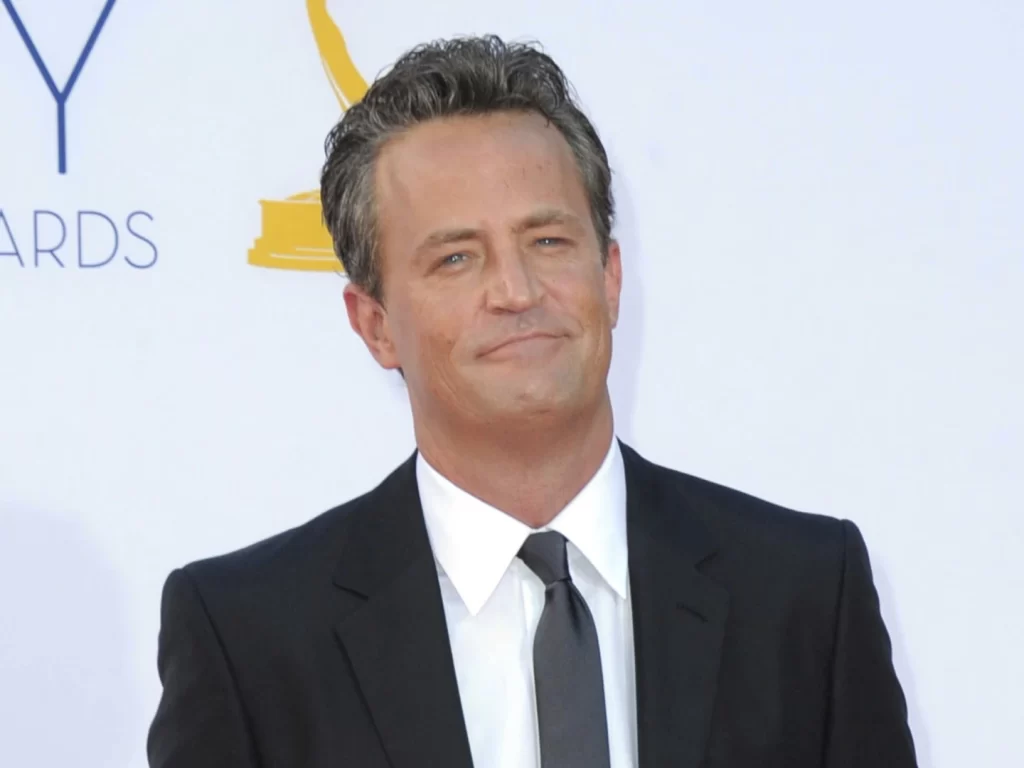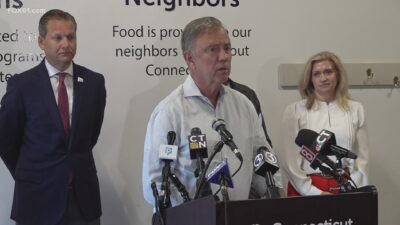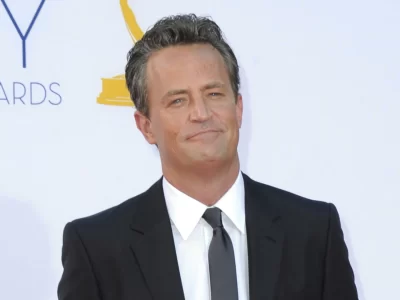
LOS ANGELES — A woman who has come to be known as the “Ketamine Queen” is set to plead guilty Wednesday to selling Matthew Perry the drug that killed him.
Jasveen Sangha is scheduled to change her previous not guilty plea at a federal court in Los Angeles and would become the fifth and final defendant charged in the overdose death of the “Friends” star to plead guilty after a deal with prosecutors.
She agreed in a signed statement to plead to five federal charges, including providing the ketamine that led to Perry’s death. Her trial had been planned to start later this month.
In a brief statement when the deal was announced on Aug. 18, Sangha’s lawyer Mark Geragos said only, “She’s taking responsibility for her actions.”
Prosecutors had cast Sangha, a 42-year-old citizen of the U.S. and the U.K., as a prolific drug dealer who was known to her customers as the “Ketamine Queen,” using the term often in press releases and court documents.
Her guilty pleas are set to include one count of maintaining a drug-involved premises, three counts of distribution of ketamine, and one count of distribution of ketamine resulting in death.
Prosecutors agreed to drop three other counts related to the distribution of ketamine, and one count of distribution of methamphetamine that was unrelated to the Perry case.
The final plea deal came a year after federal prosecutors announced that five people had been charged in Perry’s Oct. 28, 2023 death after a sweeping investigation.
If Sangha pleads guilty as planned, a judge will schedule sentencing for Sangha. She could get up to 45 years in prison. The judge is not bound to follow any terms of the plea agreement, but prosecutors said in the document that they will ask for less than the maximum. None of the co-defendants have been sentenced yet.
Sangha and Dr. Salvador Plasencia, who pleaded guilty in July, had been the primary targets of the investigation. Three other defendants — Dr. Mark Chavez, Kenneth Iwamasa and Erik Fleming — pleaded guilty in exchange for their cooperation, which included statements implicating Sangha and Plasencia.





